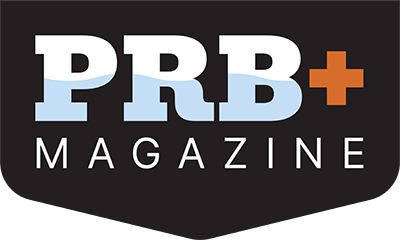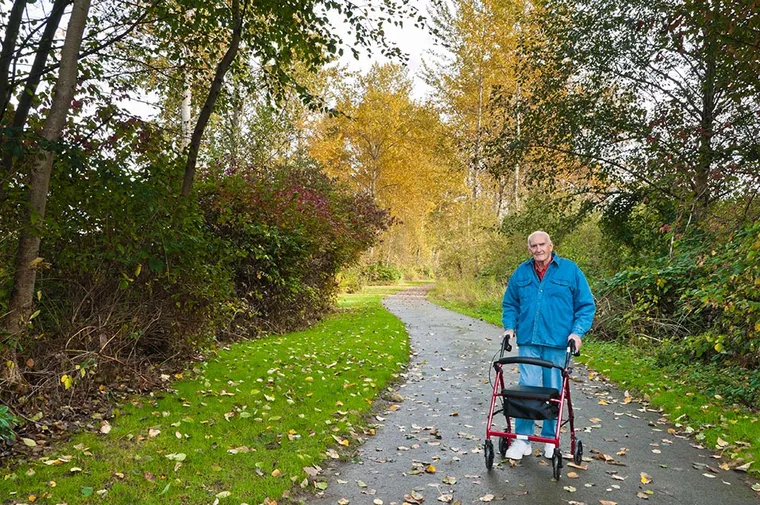How cities can harness innovation to give residents equitable experiences
According to the CDC, up to one in four adults in the United States has some form of disability. Yet, when many public recreation facilities and activities were originally established, accessibility wasn’t under consideration.
A recent survey of 3,000 U.S. adults conducted by Booz Allen Hamilton found that only 39% of respondents view trips to outdoor-centric locations as an accessible travel option. To plan trips and travel with confidence, it is often a difficult and daunting task to find relevant information about whether a particular activity or location is suitable for their needs. Public land agencies have listed this issue as a high priority and continue to work on solutions, but collecting, organizing, and keeping the information current and easily searchable is a complex and cumbersome effort.


